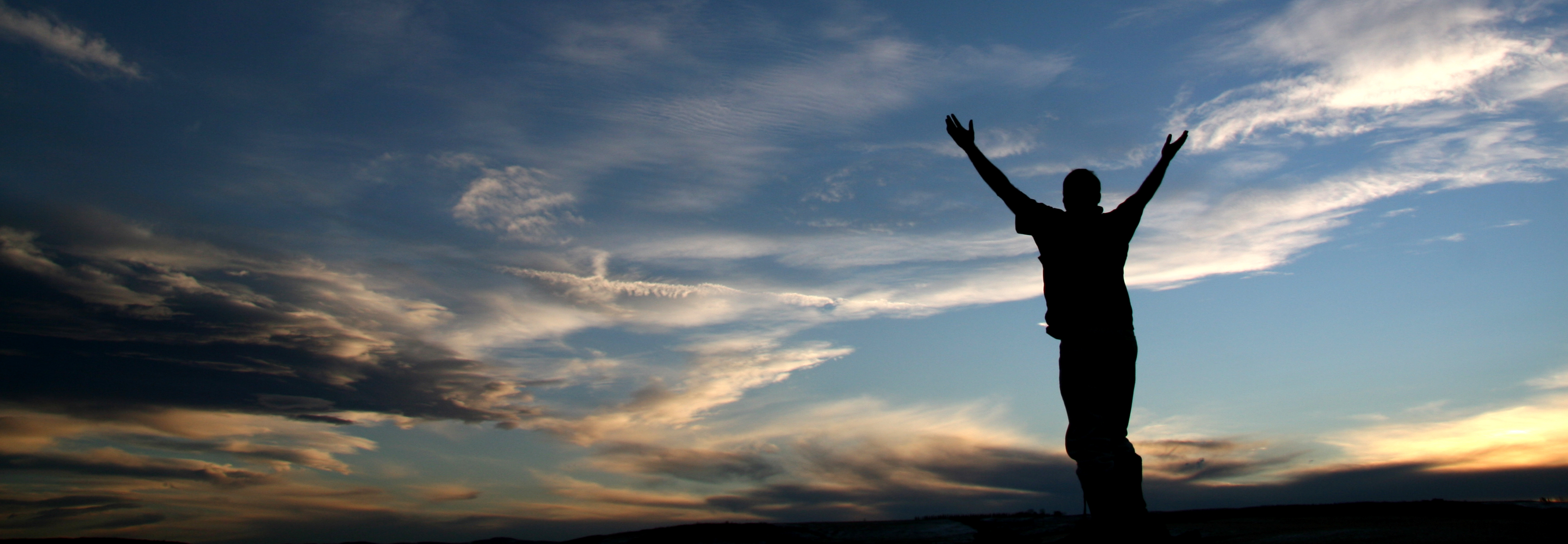
If all goes according to plan, by the time the October Spire lands in your inbox or mailbox, we will have had a few chances to worship together in person. If you’ve chosen to hang back for a little while longer, I’m so glad that we have the capability through video, livestream, and print to stay connected. If you decided that a Sunday morning in our sanctuary was just what the doctor ordered, then I’m so glad that you had the chance to sate that need. Though this has always been true, it feels particularly salient in this season: Westminster is blessed with means, gifts, and capabilities that are difficult to measure. I’m continually honored to be a part of this community.
As many of you know, or have seen playing out across the nation, the decision to reopen churches is not being taken lightly. So many dimensions come into play in this conversation: rights, responsibilities, emotions, desires, dollars, relationships, and religion to name a few. There have been both national and local conversations taking place regarding one’s right to worship. Can anyone close a church? For what reasons? For how long? Who makes the final call? If you’ve paid any attention at all, you know that I could ask these questions to 10 different people and get 11 different answers. It’s a complicated issue, and the questions are all good. At the root, however, is one simple word that continually hangs me up: worship. The right, the privilege, and what it means to do it.
Let me make two points very clear before we move forward. One: I love to worship in community – as a matter of fact, I prefer it to livestreams, videos, or Zoom calls. Two: worship is equally possible in basements, offices, living rooms, back decks, recliners, and kitchen tables as it is in sanctuaries.
There’s been no shortage of groups that have stood up and fought for the ability to worship as they deem appropriate. The crux of the argument, as I understand it, is that no one ought to take away one’s right to worship God freely. I can certainly agree with that sentiment! But here we bump into my definitional stumbling block: what does it mean to worship? Romans 12:1 says that we ought to offer our “bodies as a living sacrifice,” that this is our “true and proper worship.” The word worship used here literally means service rendered to God. When we give our lives as a sacrifice for God, when we offer this service to God, we show true worship, or spiritual worship as some translations would state it.
So then, what would God have us do? Hosea 6:6 sheds some light on the question: “I desire steadfast love (mercy) and not sacrifice, the knowledge of God rather than burnt offerings.” Who you are in relationship to God and one another is more important than what you do. This makes worship an identity issue. Your worship is not what you’ve done, but who you are. Steadfast love, mercy, and knowledge outweigh sacrifice. Eugene Peterson modernizes the language a bit, saying, “I want you to know God, not go to more prayer meetings.” Remember Romans 12:1? Your life becomes the sacrifice. Your life becomes your worship.
Life is sacred. Worship is sacred. The two are woven intimately and inextricably together through the Christian walk. Your membership as a part of creation purchases your right to worship; Psalm 148 puts that into very clear terms for us. As it turns out, the life you live is the worship that God’s been after this whole time. So how have you worshiped over the past several months? Was your life a pleasing sacrifice?
This season has opened up new doors for my understanding of what it means to live a life of faith. Has your faith changed at all since we last met? I’m so glad to be together again, and I’d love to hear about your worship over this time.
Be well!
Ed Sutter
